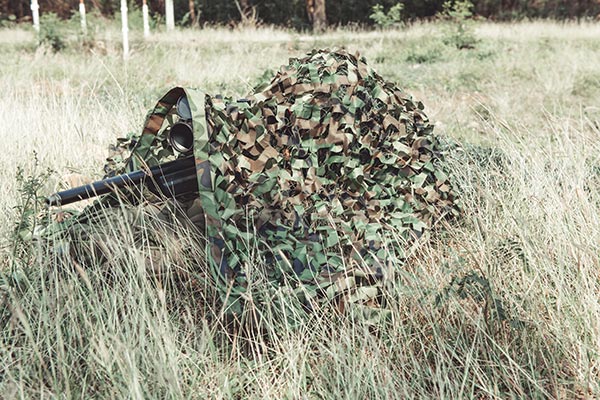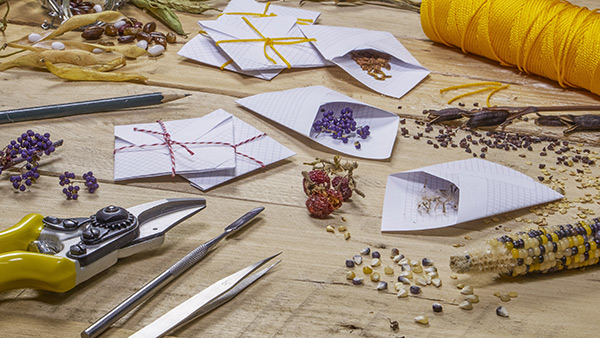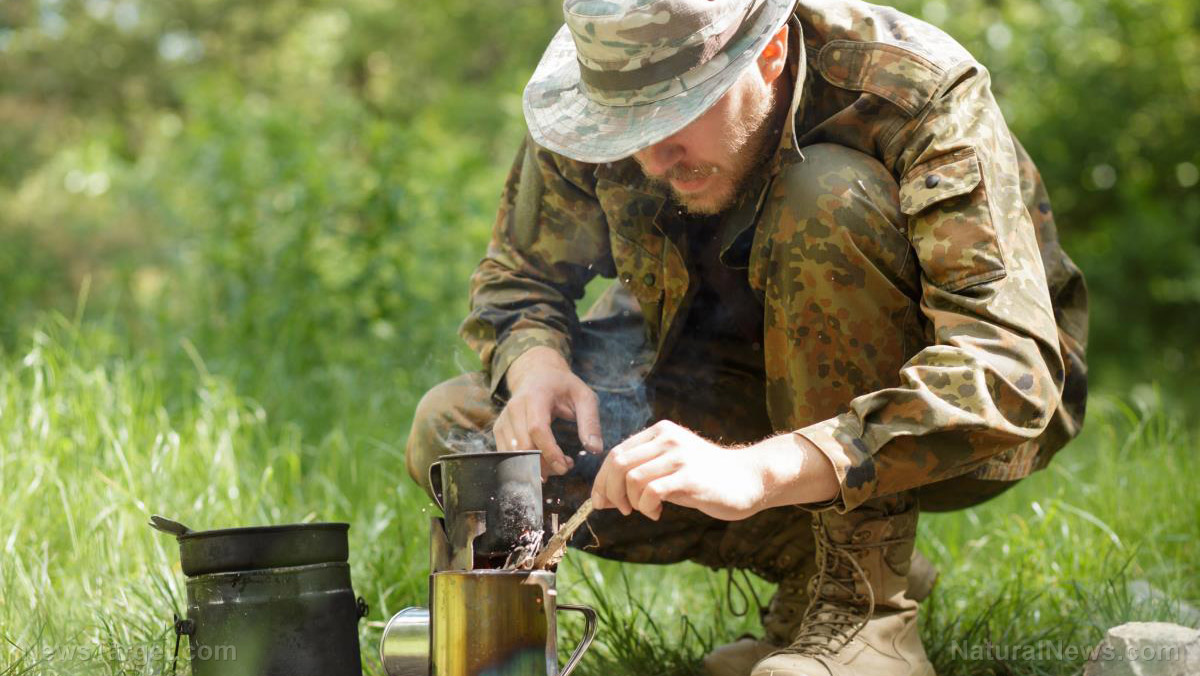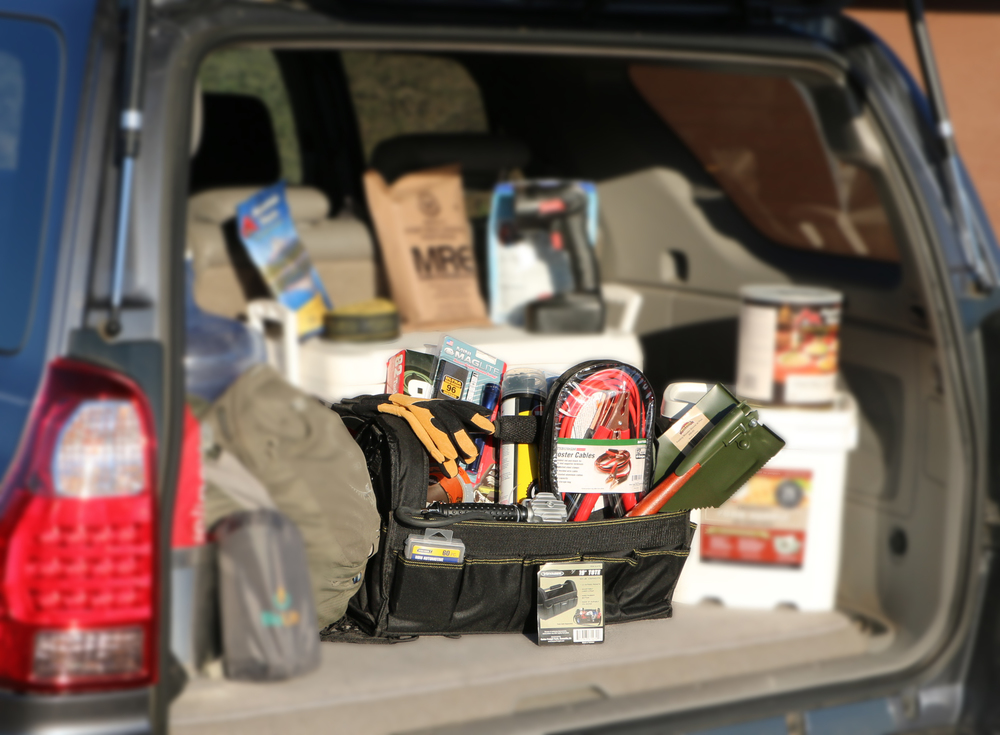Survival 101: How to suture a wound when out in the wilderness
01/03/2020 / By Darnel Fernandez

Providing proper first aid is not only an essential survival skill, but also an important skill to learn in everyday life. Accidents can happen when you’re out and about, and sometimes an accident leads to gaining a large, gaping wound. In this situation, learning how to suture or stitch up a wound can potentially save someone’s life. (h/t to Survivopedia.com)
Suturing a wound in the wild
In suturing, you use a sterilized needle and thread to sew together a wound to avoid infection and allow the tissues to heal properly. This type of first aid is often used when the wound is deep and gaping, like if an ax were to leave a gash on your leg. Trying to close such wounds with a bandage is futile. It would only bring the top part of the wound together, leaving the bottom part separated and leaving a tiny gap perfect for any bacteria to proliferate. Suturing a wound ensures that all the layers of tissue would heal evenly. (Related: First aid tips for preppers: How to treat common injuries when SHTF.)
One caveat when suturing a wound is that you need the proper gear to do an adequate job. If you’re really in a bind, you can make do with a regular needle and thread. However, this brings a significantly increased chance of infection. To properly suture a wound in the safest and most efficient way possible, here are the things you need in your first aid kit.
- Needle driver. To hold the needle as you’re pushing and pulling the needle and thread through the tissue.
- Tissue forceps. Something used to work the tissue around as you’re suturing the wound.
- Scissors. For cutting the thread.
- Sterilized needle and thread. Any foreign object introduced into the body should be sterilized to reduce the chance of infection.
Sponsored: NEW Biostructured Silver First Aid Gel created by the Health Ranger combines three types of silver (ionic silver, colloidal silver, biostructured silver) with seven potent botanicals (rosemary, oregano, cinnamon and more) to create a breakthrough first aid silver gel. Over 50 ppm silver, verified via ICP-MS lab analysis. Made from 100% Texas rain water and 70% solar power. Zero chemical preservatives, fragrances or emulsifiers. See full details here.
Make sure everything is clean and sterilized before letting any of these items touch an open wound.
Getting started with suturing
When it comes to suturing wounds, it’s really important to practice first before jumping into the real deal. You wouldn’t want your first experience with suturing to be in front of a gaping and bleeding wound. You can practice your suturing skills on a flap of pig belly. Despite having thicker skin, pigs are similar to humans genetically, including the skin and the fat underneath it. If you want something a bit more human-like, you can try suturing up skin-on chicken breast or just buy a suture pad that is made of flesh-like latex material. Once you’ve practiced enough, you’re ready for the real thing. Below you can find a step-by-step guide on how to properly suture a wound:
- Clean the wound. After preparing and sterilizing all the necessary tools, the next thing you should clean is the wound itself. Take out as much debris and blood as you can to make it easier to suture the wound shut.
- Suturing the wound. To keep things simple, suturing is just tying knots over the open wound to help it close up. Make sure that the knots you make aren’t tight or too complicated as it might hurt the victim. Once you’re getting into the groove of suturing up the wound, leave some space in between each stitching, then bandage up with a gauze pad and tape once the entire process is done.
- Keep infection away. Maintaining the health of the victim after finishing the stitches is just as important as keeping them safe during the process. If done correctly (with sterilized gear and proper cleaning), there would be almost no need to worry about getting an infection.
Learn other life-saving skills like suturing wounds at Survival.news.
Sources include:
Tagged Under: emergencies, first aid, injuries, outdoors, preparedness, prepping, self-reliance, survival, Survival Tips, survivalist, sutures, suturing, wounds
RECENT NEWS & ARTICLES
COPYRIGHT © 2017 · SURVIVAL NEWS



















